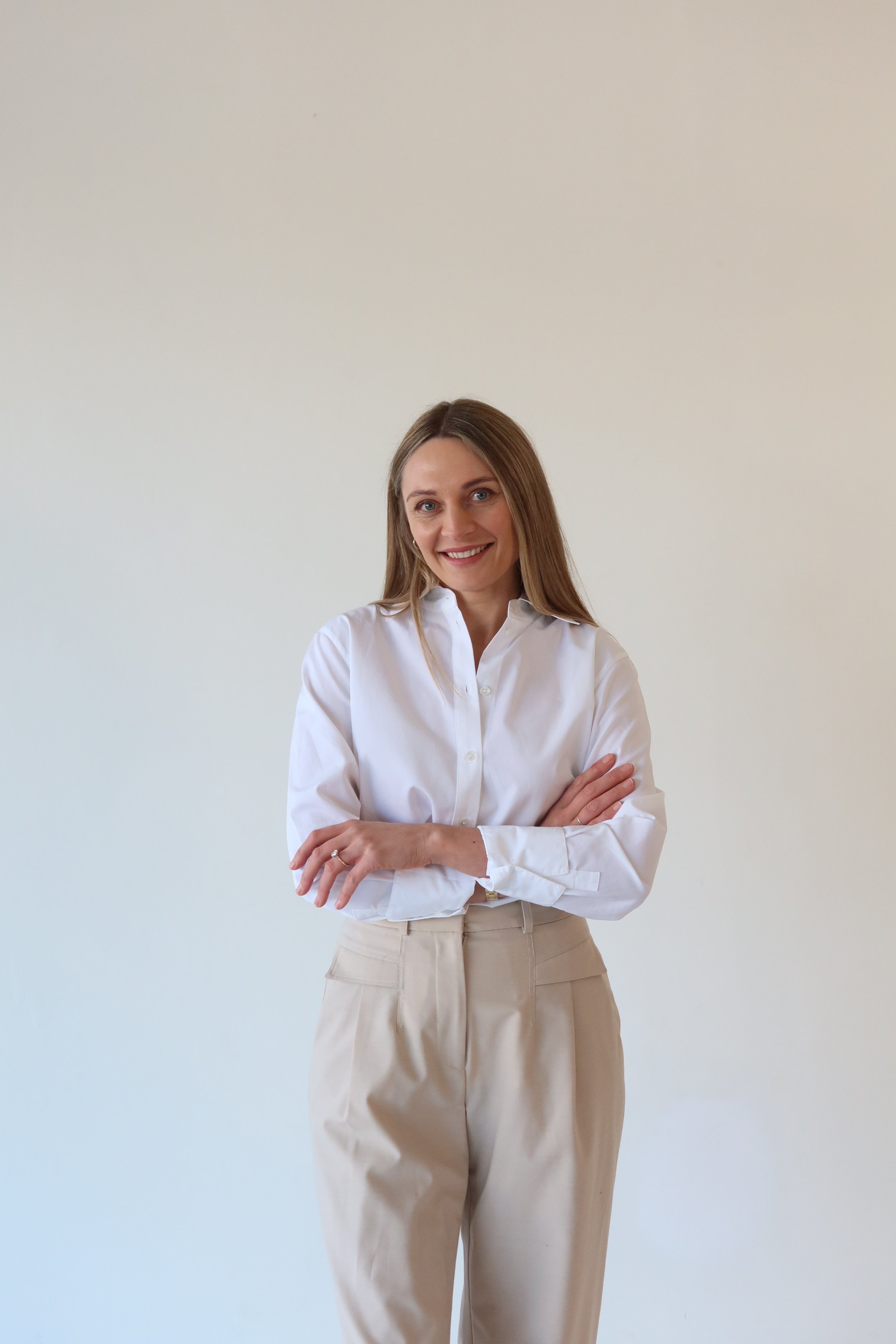You're Not Stuck. Even If It Feels That Way.
There’s a particular kind of frustration that comes from wanting things to be different, and still finding yourself in the same place.
You’ve read the books. You’ve had moments of clarity. You’ve promised yourself tomorrow will be different. And yet, you’re still in the job that drains you. Still in the pattern that leaves you feeling small. Still feeling stuck.
It’s easy to assume the problem is you. That if you really wanted it badly enough, you’d have already changed. But psychology shows us the truth is less personal, and far more hopeful — wanting to change isn’t enough to override the pull of what’s familiar.
You see, your current reality might feel uncomfortable, but it’s still what your brain knows. Familiarity feels safe. And because of its protective function, the brain can try to prevent you from moving forward, even when change is exactly what you want.
So if you feel stuck, it’s not a personal failure. It’s your nervous system doing its job. But that doesn’t mean you’re powerless.
Why It’s So Hard to Start
When we think about change, we picture something dramatic. A clean break. A bold leap. A complete reinvention. But that image alone can be paralysing, especially if you don’t yet know where to begin or who you’ll be on the other side.
That uncertainty can be unsettling. Psychologically, change isn’t just about doing something different. It also affects your identity; how you see yourself, how others see you, and the role you’ve played in your own life story. The longer you’ve stayed in that role, the harder it is to imagine stepping out of it.
So instead of moving, we gather information. We think our way through. We intellectualise the problem. And while insight is important, it just isn’t the same as action.
Sometimes you don’t need more theory. You need momentum.
So How Do You Move?
The most effective place to start is with honesty. What’s working, and what isn’t? This isn’t about judging yourself or building a case for why you should change. It’s about meeting yourself with awareness, so you can choose what comes next. No longer on autopilot, but with intent.
Then take one step. Not ten. Just one.
Make that step so small it’s almost impossible to fail. A conversation. A boundary. A morning walk. Writing one page. Saying no once.
It may seem insignificant. But from a behavioural standpoint, you’re laying the groundwork for change. You’re creating safety in a new pattern. Showing your nervous system it’s okay to do things differently.
This is what sustainable change is made of. Not intensity, but consistency. Not waiting to feel ready, but creating readiness through movement.
Cultivating Change Over Time
Change isn’t just a one-time event, it’s an ongoing process of growth and renewal. In many ways, the mind is like a garden.
Over time, that garden can become overgrown with weeds; limiting beliefs, old fears, unhelpful thought patterns, self-sabotage. Some of those weeds have been there so long, you might not even notice them anymore.
Making change doesn’t mean bulldozing the whole garden. It means treating yourself with care. Gently pulling the weeds. Planting new seeds; self-belief, a supportive inner voice, alongside other tools to help you through life's challenges.
Nourishing your inner world to create the conditions that help you grow and evolve.
You Don’t Have to Do It Alone
There’s a belief that if you were strong enough, you’d figure it out alone. But true strength can mean sharing the weight and having the courage to ask for support when you need it.
Having someone who can sit with you in the figuring out can make all the difference. Someone who sees what’s possible when you’ve lost sight of the way ahead, who recognises the gap between where you are and where you want to be, and who can help chart your path through.
Change is possible, even if it hasn’t happened yet. You’re not stuck. You’re just in the space before movement. And you don’t have to stay there.
Jo Corbett | Accredited Coach, BSc Psychology.

